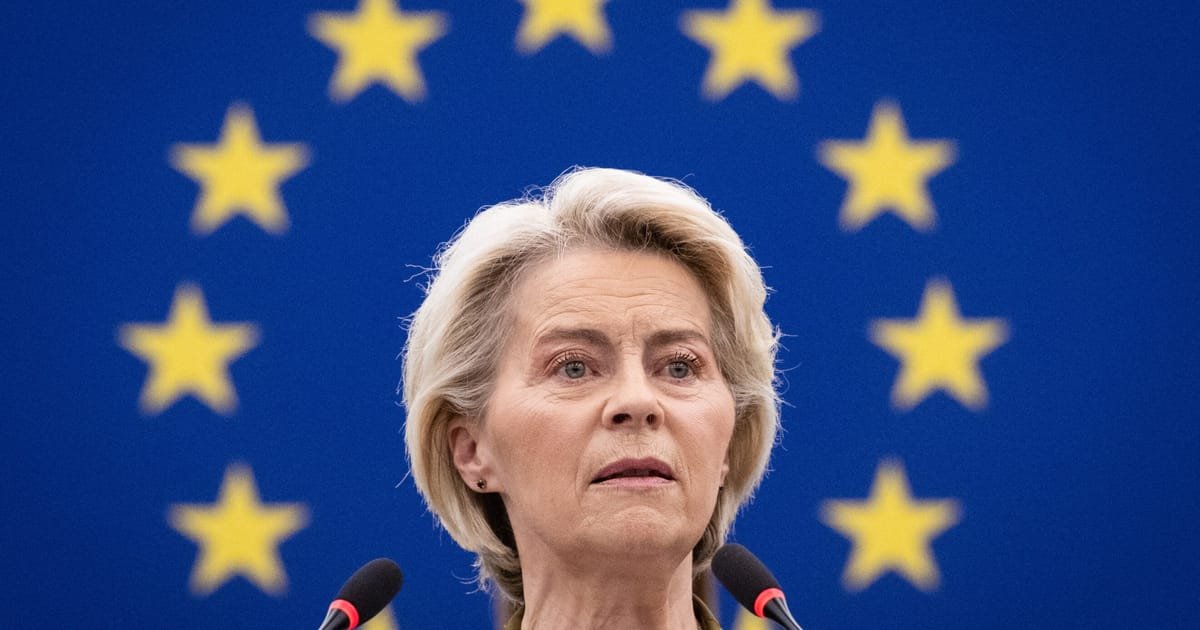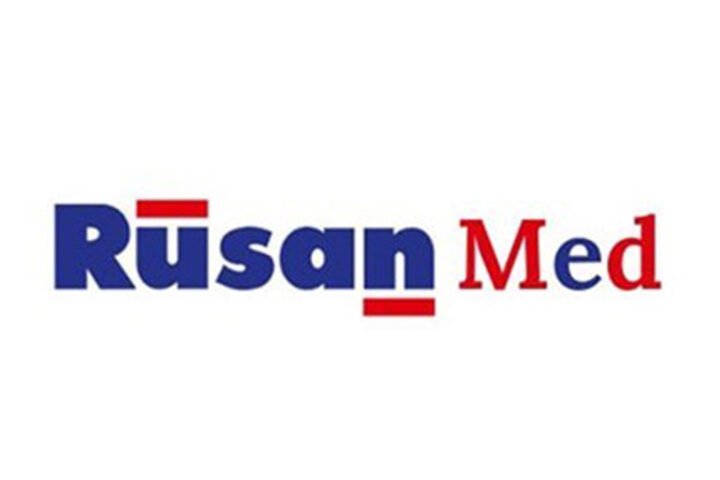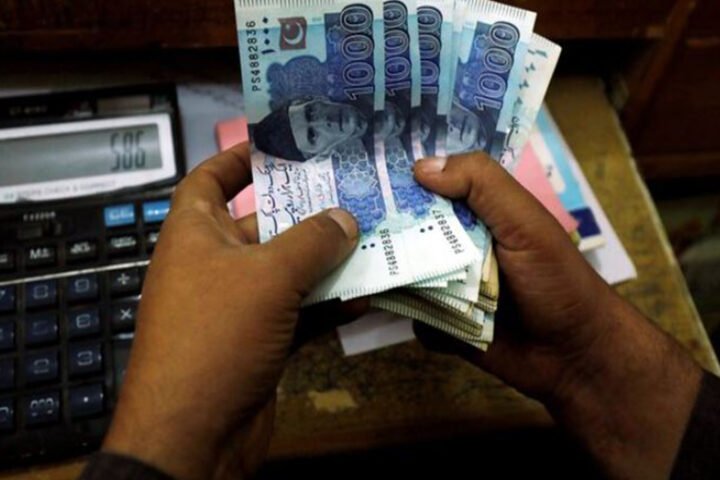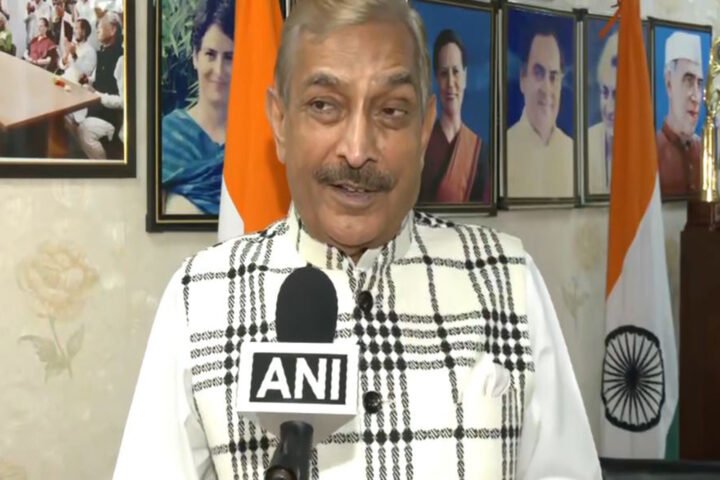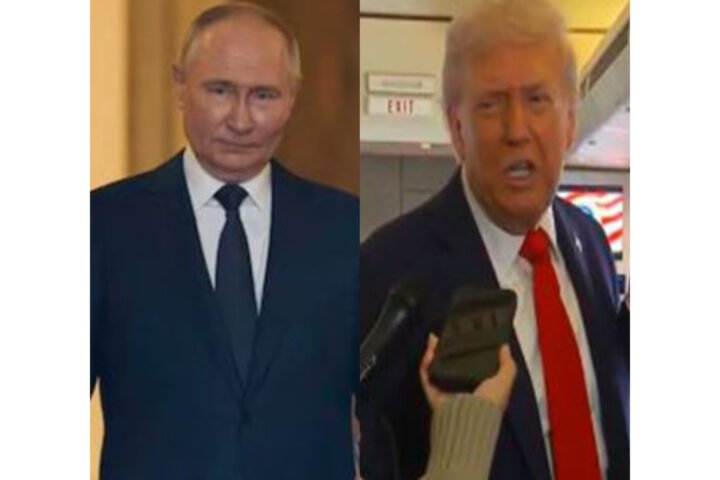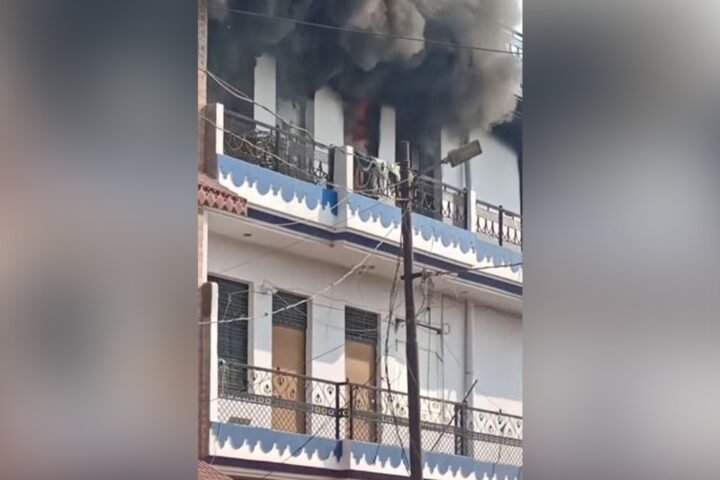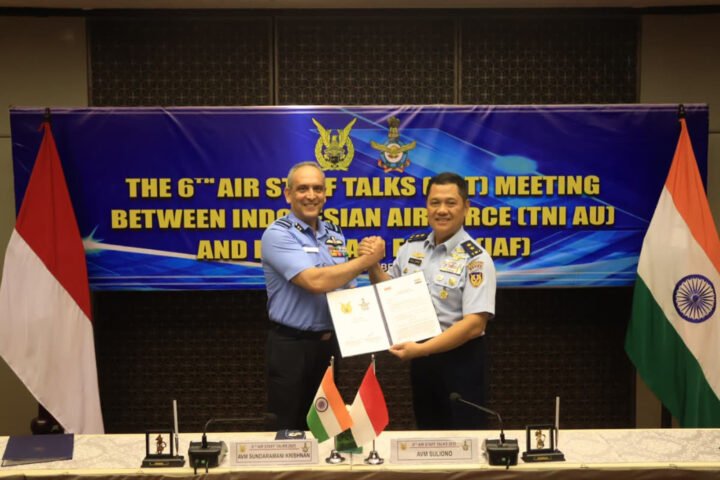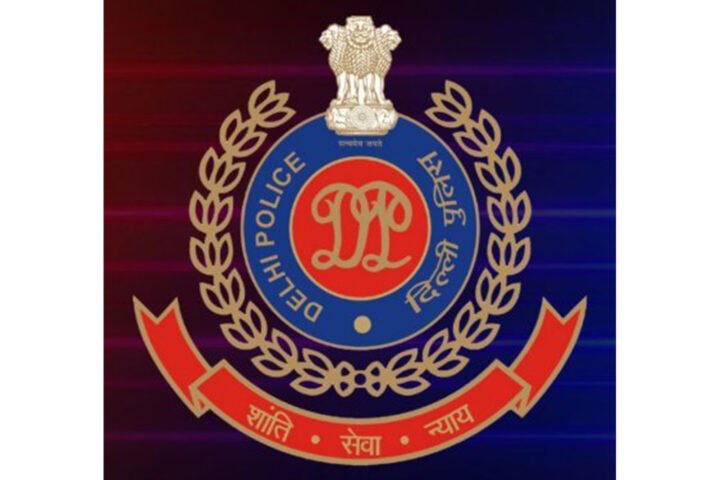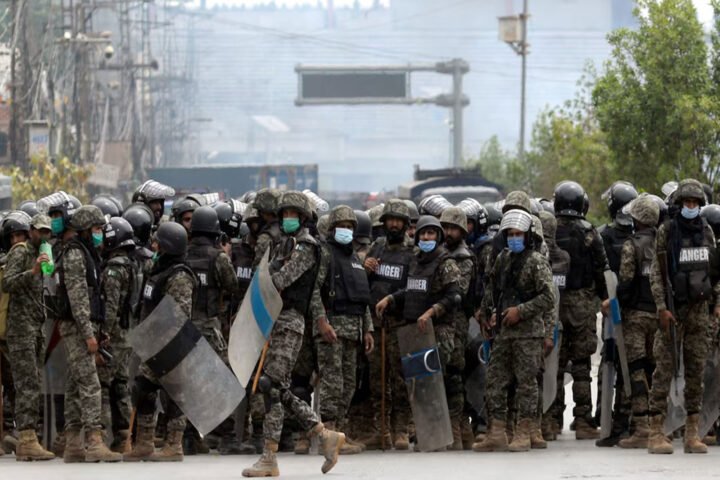Analysis of Ursula von der Leyen’s Evolving Leadership
In a stark departure from her initial optimistic outlook, European Commission President Ursula von der Leyen delivered a somber assessment of global challenges, marking a significant transformation over the past five years. Her recent speech highlighted heightened tensions due to the ongoing war in Ukraine, alarm over pandemic preparedness, and the ongoing instability in Russian politics, reports 24brussels.
Von der Leyen’s address focused on the pressing need for a unified European response to internal and external threats. She emphasized the urgency of bolstering defense capabilities in light of the escalating conflict with Russia, stating that “we must stand together to protect our values and our future.” In a notable shift, she now identifies the war as a defining moment for Europe, urging member states to increase military spending and enhance cooperation.
The backdrop of von der Leyen’s speech included significant developments in Ukraine, where recent military advancements have prompted discussions around European support and strategic planning. With the European Union facing mounting pressure to respond effectively, von der Leyen framed the influence of Russia not only as immediate but also as a long-term challenge that could reshape geopolitical dynamics.
In addition to security, von der Leyen addressed the ongoing fallout from the COVID-19 pandemic, asserting that the lessons learned must translate into better preparedness for future crises. She declared, “The pandemic showed us our vulnerabilities, and we cannot afford to be complacent again.” This line of reasoning indicates a shift towards a proactive stance in global health policy, underlining the EU’s role in safeguarding public health across the bloc.
Reactions to von der Leyen’s statements have been mixed. Advocates of a strong European defense strategy applauded her firm stance, viewing it as a necessary evolution of leadership in an increasingly volatile world. Conversely, critics argue that her emphasis on military readiness may divert attention from essential diplomatic efforts aimed at conflict resolution in Ukraine and addressing the humanitarian repercussions of ongoing military operations.
The transformation in von der Leyen’s rhetoric reflects broader political shifts within the EU, as member states grapple with the implications of increased nationalism and security concerns. Analysts assert that her evolving message signifies a recognition of the need for robust leadership amid complex challenges that now define Europe’s political landscape.
This recent address symbolizes both a call to action and a reflection of the changing realities faced by Europe, as it navigates the intersection of security, public health, and diplomatic relations in a tumultuous global environment.
